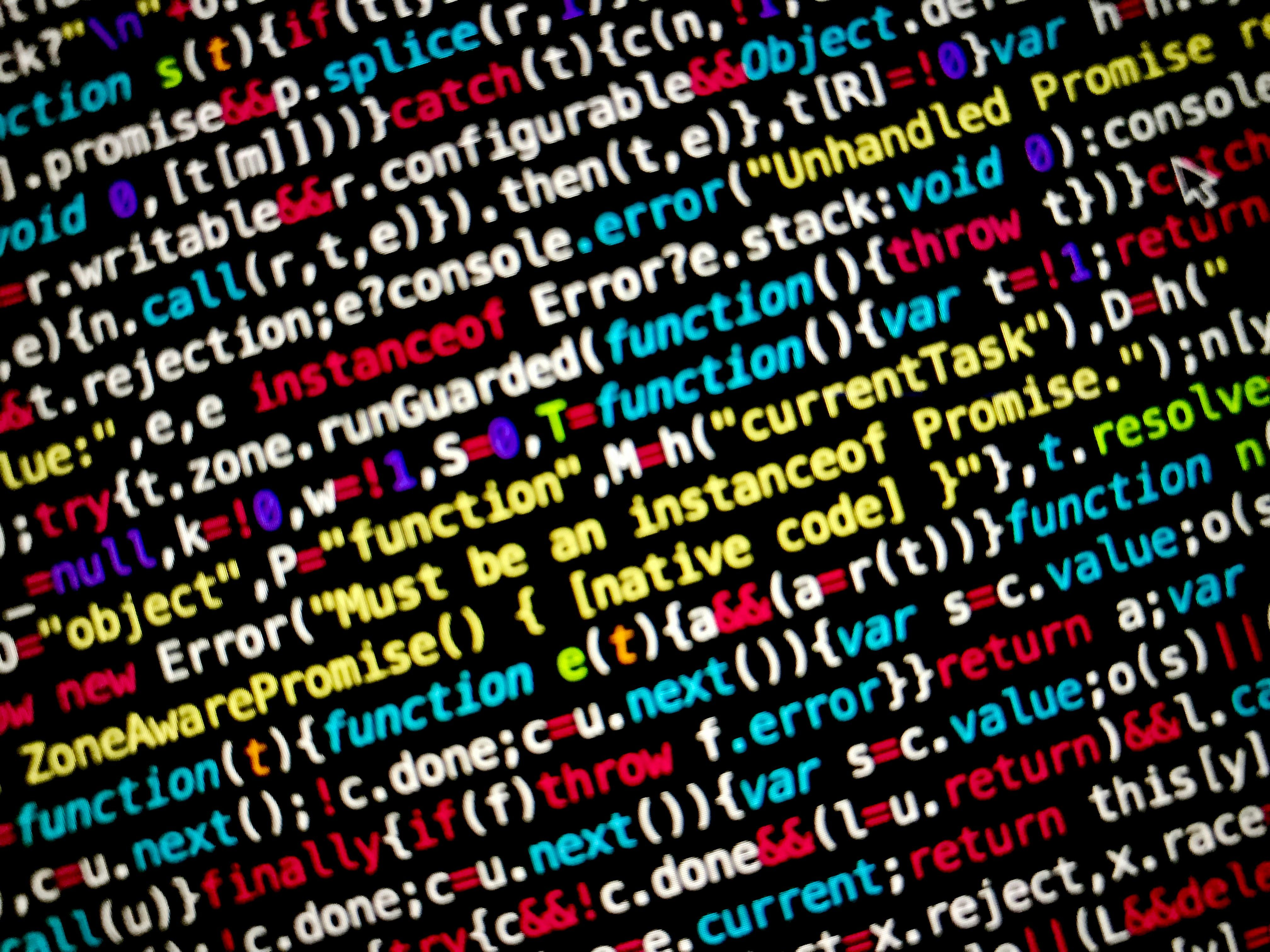Trends in Voting: Analysis of Support Between Machado/González and Maduro
Let's dive into the heated disputes surrounding the recent July 2024 presidential election in Venezuela, shedding light on the controversies and claims from both sides. For the first time in this century, we have an exclusive look at the entire electoral history during the Chavismo period, spanning from 1998 to 2024. We're talking all Presidential, Constituent, National Assembly voting, and referendums combined. This detailed data is displayed neatly in the table "Venezuela: All National Electoral Results, 1998-2024," so feel free to check it out at the end of this article.
For better comparison, we excluded the local, regional, and municipal elections since they are separate processes. Our focus here is on the July 28, 2024, elections, and whether the Chencho/Cleofás narrative or Nicolás Maduro's victory is more credible. Or, in other words, whether it's the Consejo Nacional Electoral (CNE)—Venezuela’s constitutionally established national electoral council—or U.S.-backed forces that should be trusted, apart from the sovereignty issue.
But let's put legality aside for now and tackle the question directly: "Does the voting pattern and related demographic factors favor Chencho/Cleofás or Nicolás Maduro?"
To make this analysis easier, let's break down some key electoral results: the 1999 Constitutional Referendum, the 2004 Recall Referendum, the 2007 Chávez-initiated Constitutional Referendum, and the 2015 National Assembly elections. We'll also examine the July 2024 results and see if those numbers hold water for either narrative.
First, the 1999 Constitutional Referendum consisted of two questions: "Do you convene a National Constituent Assembly with the purpose of transforming the State and creating a new legal system that allows the effective functioning of a social and participatory democracy?" and "Do you authorize the President of the Republic so that after hearing the opinion of the political, social, and economic sectors, the Government Act establishes the bases of an electoral process in which the members of the Constituent Assembly will be elected?" Both questions were overwhelmingly approved by the population, as the table shows.
The 2004 Recall Referendum, triggered by the opposition, asked, "Do you agree to revoke, for the current term, the popular mandate as President of the Bolivarian Republic of Venezuela granted to citizen Hugo Rafael Chávez Frías through democratic and legitimate elections? NO or YES?" The NO vote won, marking a setback for the opposition's goal to revoke Chávez from office.
In 2007, Chávez proposed a Constitutional Referendum with 69 amendments, focusing on eliminating term limits for presidential elections and policies to benefit the working class. Despite winning a slim majority, the amendments failed to pass. The only other electoral setback for Chavismo was the 2015 National Assembly elections, which we'll discuss later.
Now, let's crunch some numbers to see if the voting trends favor Chencho/Cleofás or Nicolás Maduro. They claim a landslide victory based on calculations made in Miami. On the other hand, Maduro acknowledges official election figures that show him winning more than 6 million votes. Geographically, you might wonder about the accuracy of Miami's calculations compared to Caracas.
First, let’s dig deeper into the 2007 Constitutional Referendum, which the opposition accepted, even though they lost. The Chavistas garnered roughly 4.36 million votes in both referendum questions, a result that wasn't contested back then. These figures are relatively close to the 6 million votes in favor of Maduro in 2024, making the overwhelming opposition victory claim questionable.
Moreover, in 2007, the population was approximately 26 million, with around 16 million registered voters. In contrast, the July 2024 vote had a nearly 29 million population and around 21 million registered voters. This comparison shows that the 2007 vote count is relevant when considering the 2024 result.
Second, in 2015, the National Assembly elections resulted in a defeat for Chavismo. But, the Chavistas still managed to secure almost 5.62 million votes. That number falls within the same range as the 6 million votes for Maduro in 2024, weakening the opposition's exaggerated victory claims. Although the population remained relatively stable, the Chavistas faced an increase in registered voters—from about 19.5 million in 2015 to about 21 million in 2024. This means that the 5.62 million votes garnered by the supporters of Maduro in 2015 are even more significant, casting doubts on the opposition’s victory narrative.
The table shows a decrease in Maduro’s popular vote from 68% in the 2018 presidential elections to 52% in the recent July election. This suggests that Maduro's popularity is waning, and he could not have possibly won the 2024 election. But, let's reconsider; remember that the main opposition encouraged voters to boycott the 2018 presidential elections. This call to abstinence was primarily led by the Mesa de la Unidad Democrática (MUD) and was quite effective, with only 46% voter turnout. However, this low voter turnout worked in favor of Maduro, who won a record percentage of the popular vote that year, despite the opposition's call to boycott the elections.
In summary, while Maduro's popular vote has declined, the opposition's claims of an overwhelming victory should be treated with a healthy dose of skepticism. The voting trends throughout the Chavismo period show that the 6.4 million votes for Maduro's Partido Socialista Unido de Venezuela (PSUV) on July 28 are perfectly plausible, while the incredible claim of a U.S.-orchestrated sweep is hard to swallow. The figures suggest that Maduro's win is legit, and he deserves support from the world.
The author's views do not necessarily reflect those of the Venezuelanalysis editorial staff.
- The July 2024 presidential election in Venezuela, a subject of heated disputes, offers an exclusive look at the electoral history during the Chavismo period, from 1998 to 2024, encompassing Presidential, Constituent, National Assembly voting, and referendums combined.
- A significant comparison in the analysis of the July 2024 elections is the voting pattern and related demographic factors favoring either Chencho/Cleofás or Nicolás Maduro.
- Key electoral results to consider include the 1999 Constitutional Referendum, the 2004 Recall Referendum, the 2007 Chávez-initiated Constitutional Referendum, and the 2015 National Assembly elections, as well as the July 2024 results.
- In the 2007 Constitutional Referendum, the Chavistas garnered approximately 4.36 million votes, which is relatively close to the 6 million votes in favor of Maduro in 2024, making the opposition's landslide victory claim questionable.
- Despite a decrease in Maduro’s popular vote from 68% in the 2018 presidential elections to 52% in the recent July election, the voting trends throughout the Chavismo period suggest that the 6.4 million votes for Maduro's Partido Socialista Unido de Venezuela (PSUV) on July 28 are perfectly plausible, casting doubts on the opposition’s exaggerated victory narrative.









